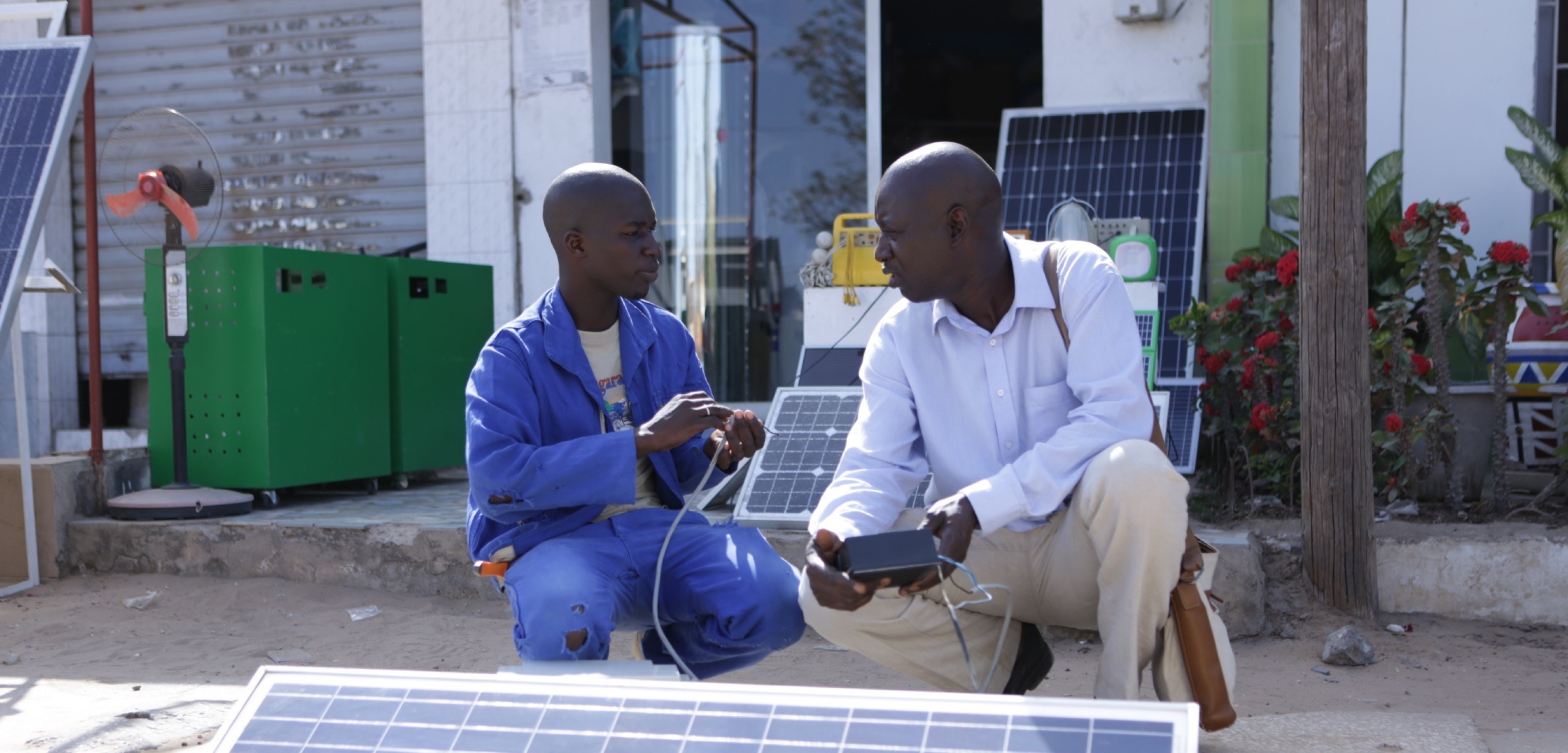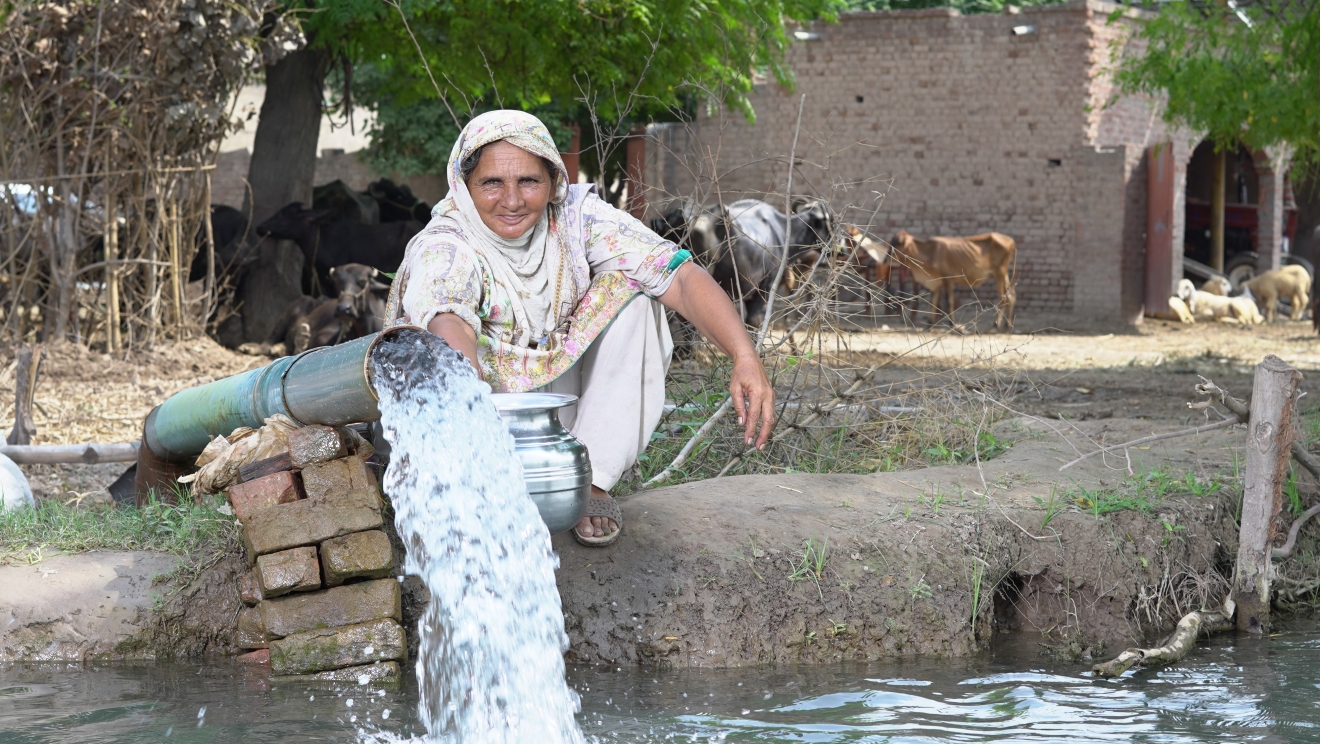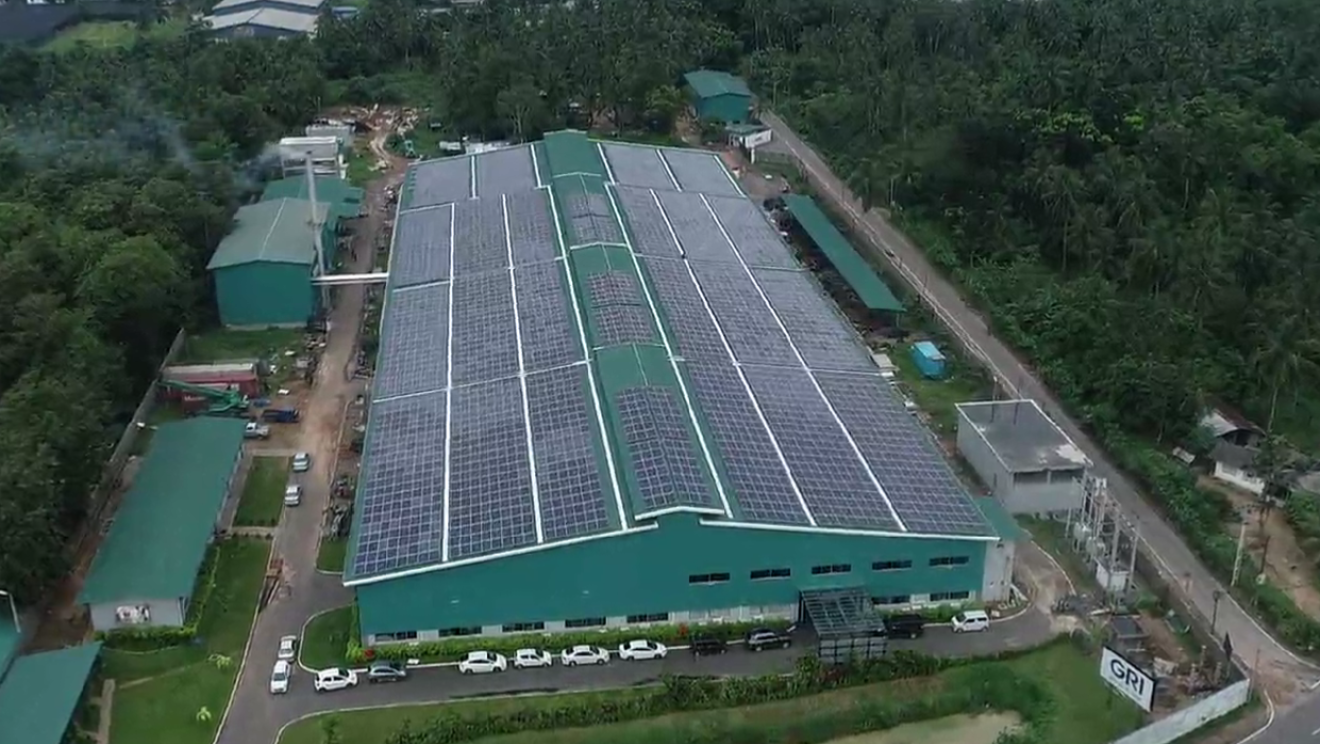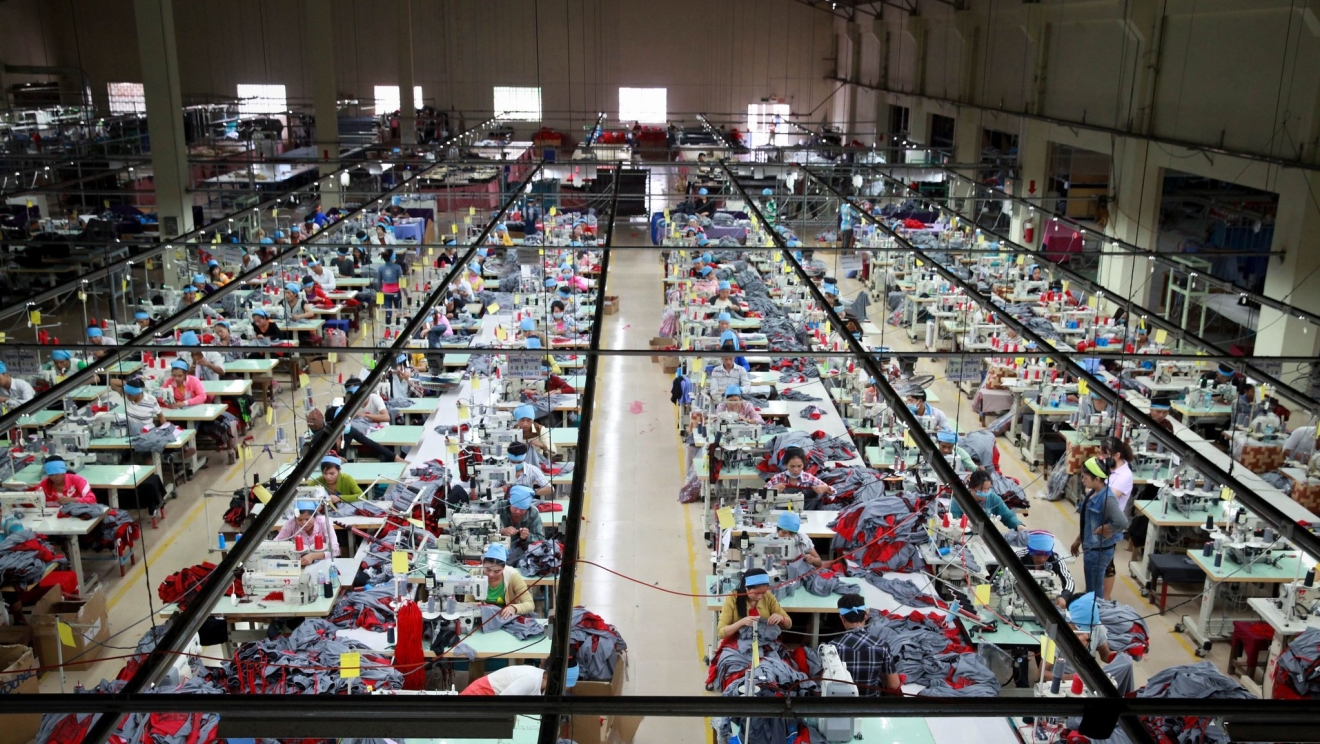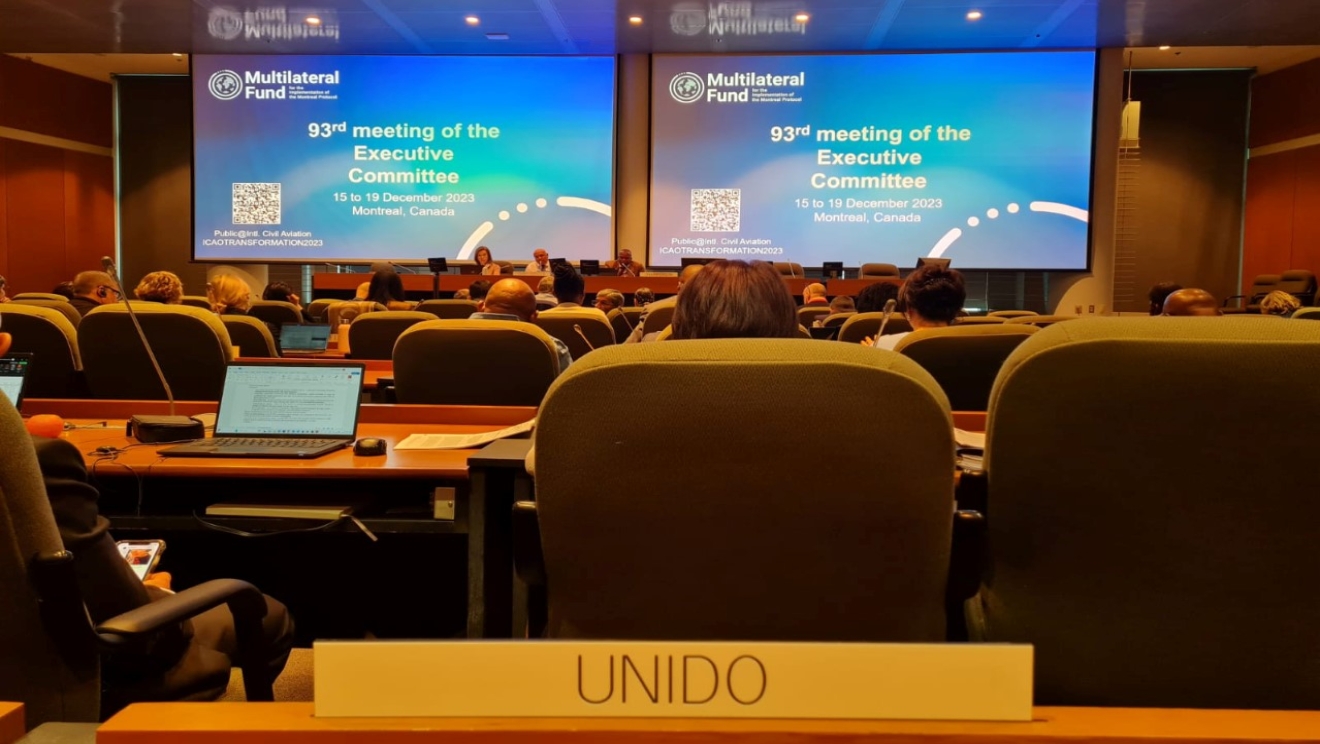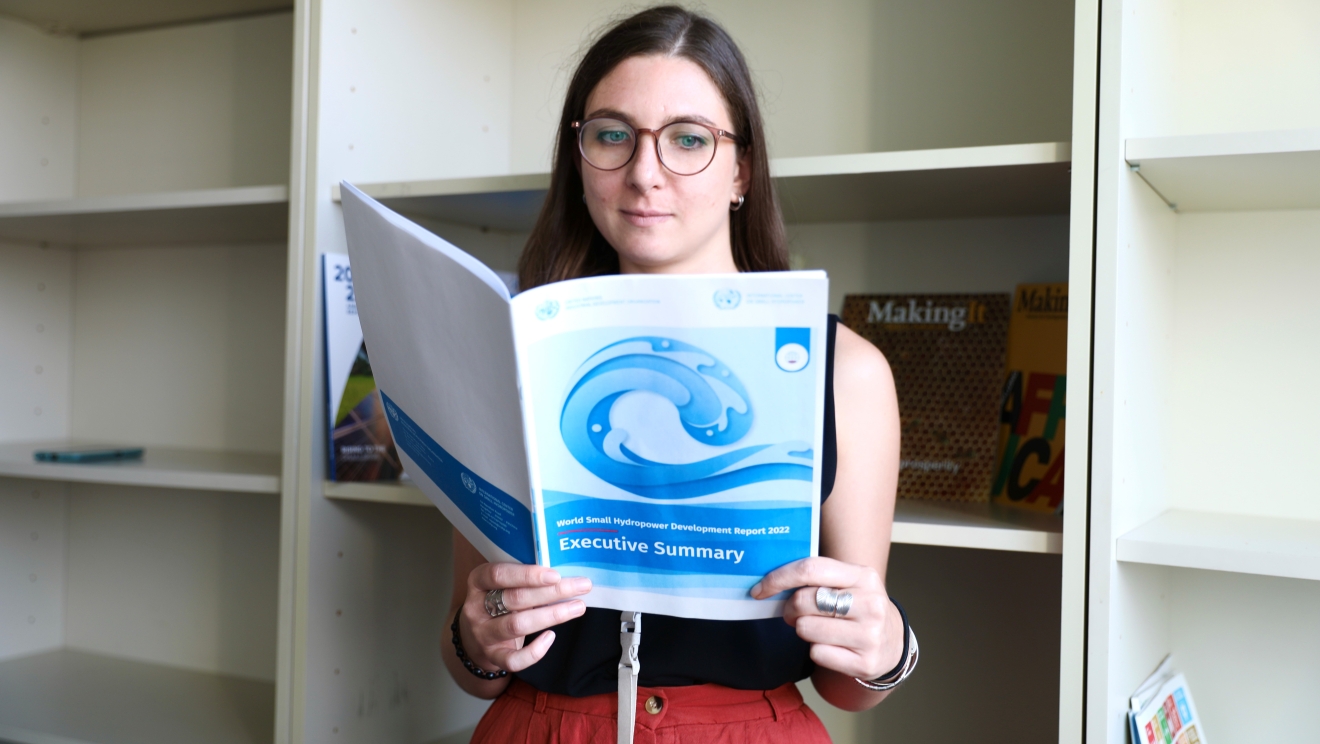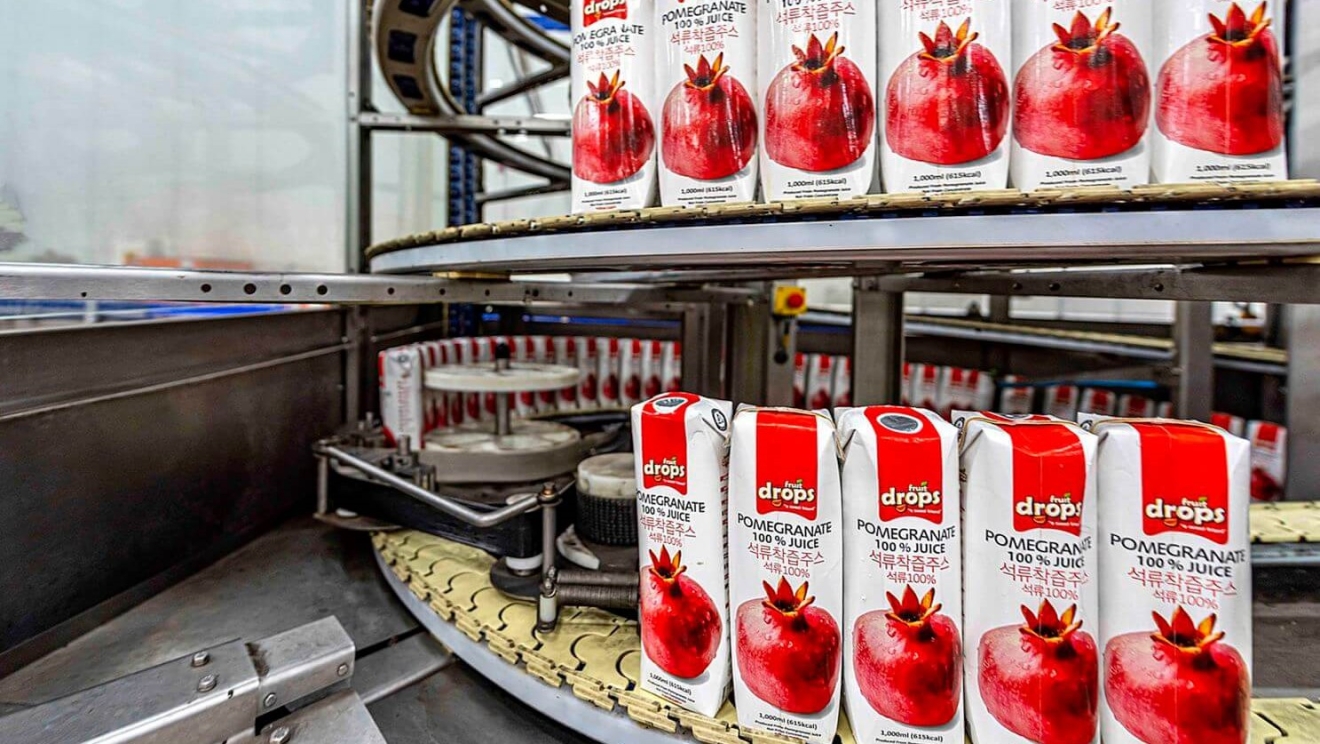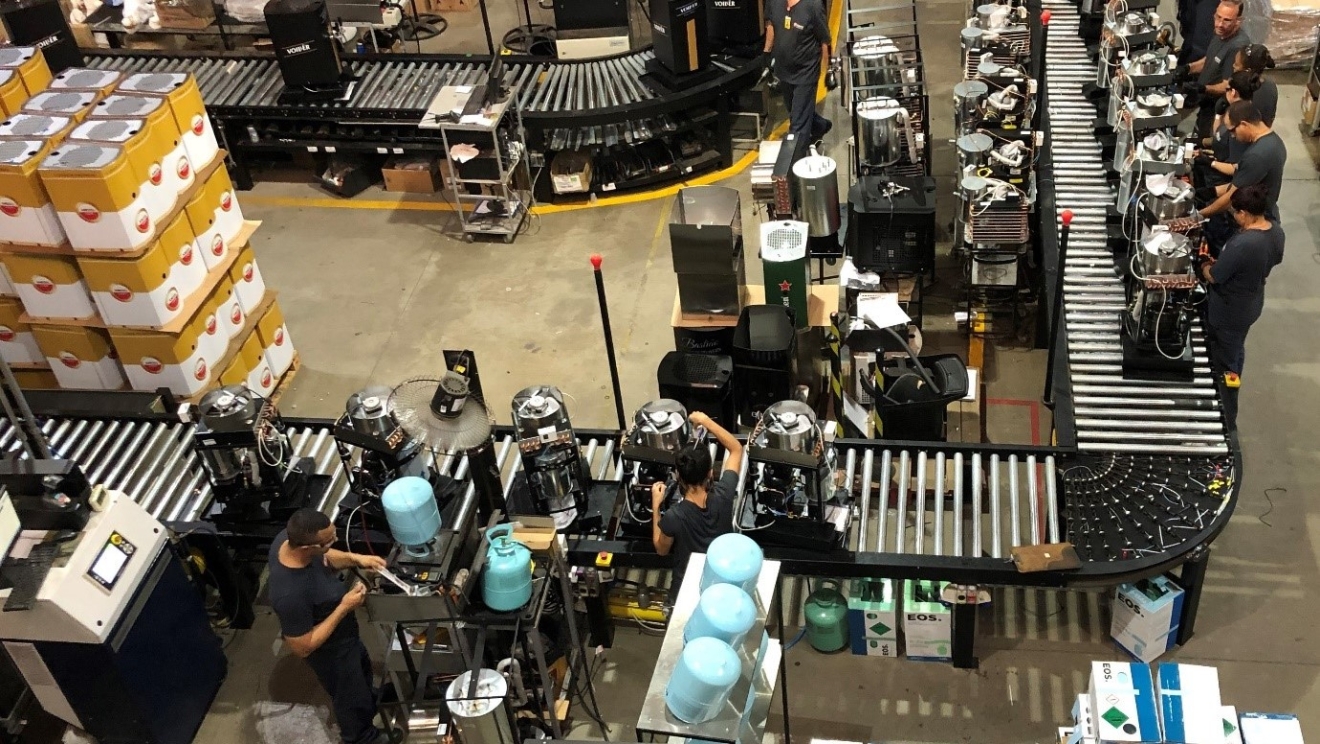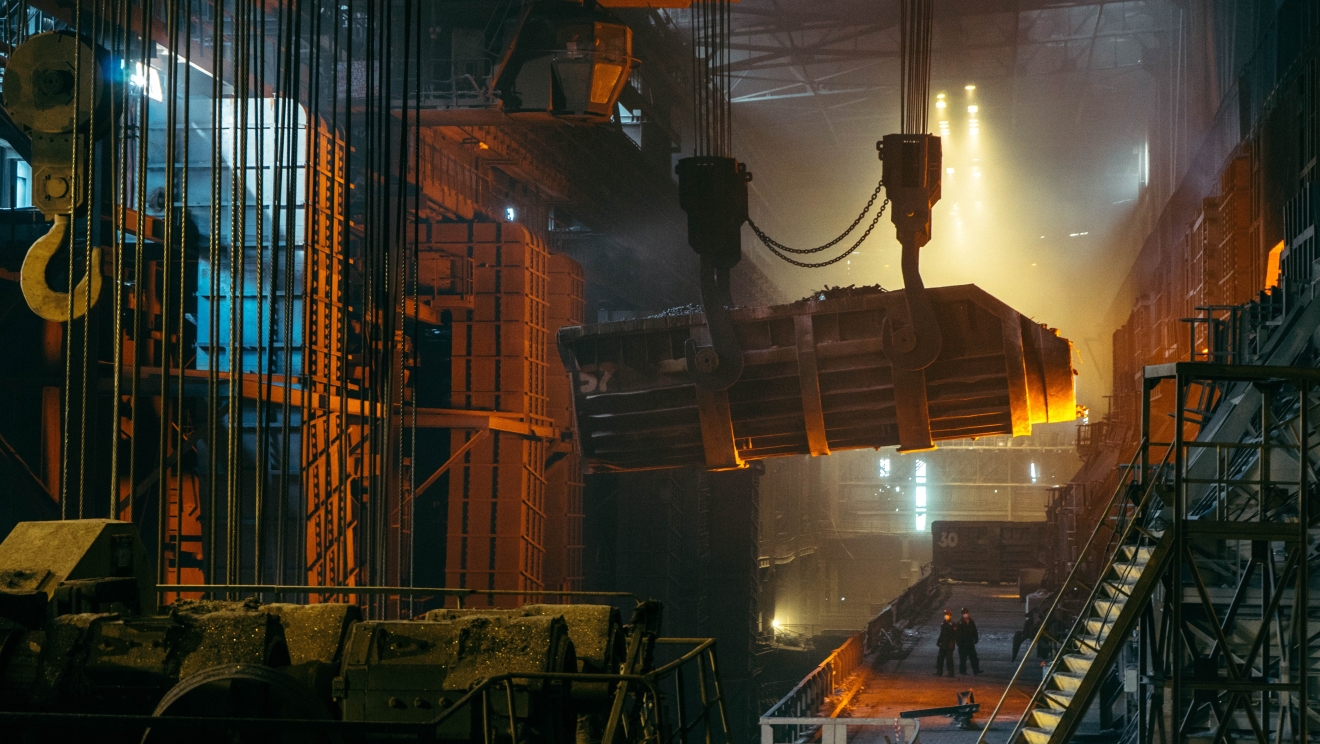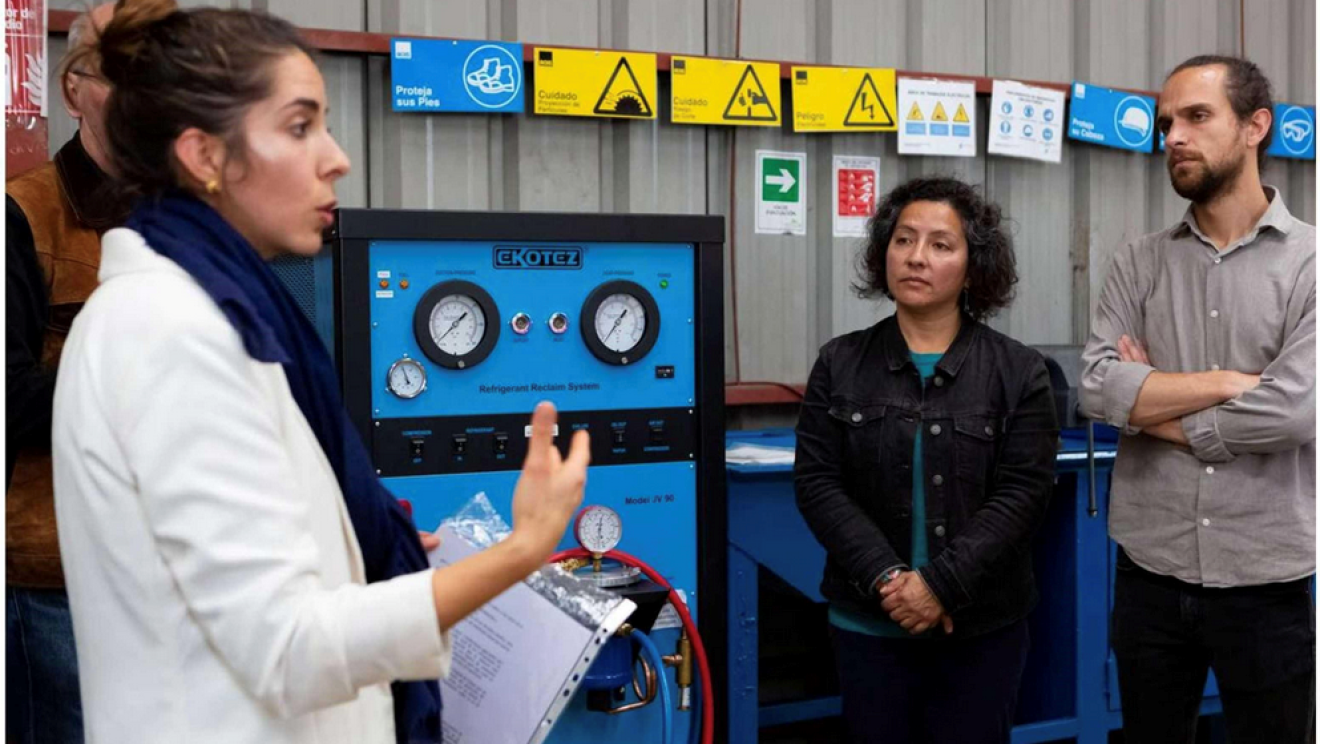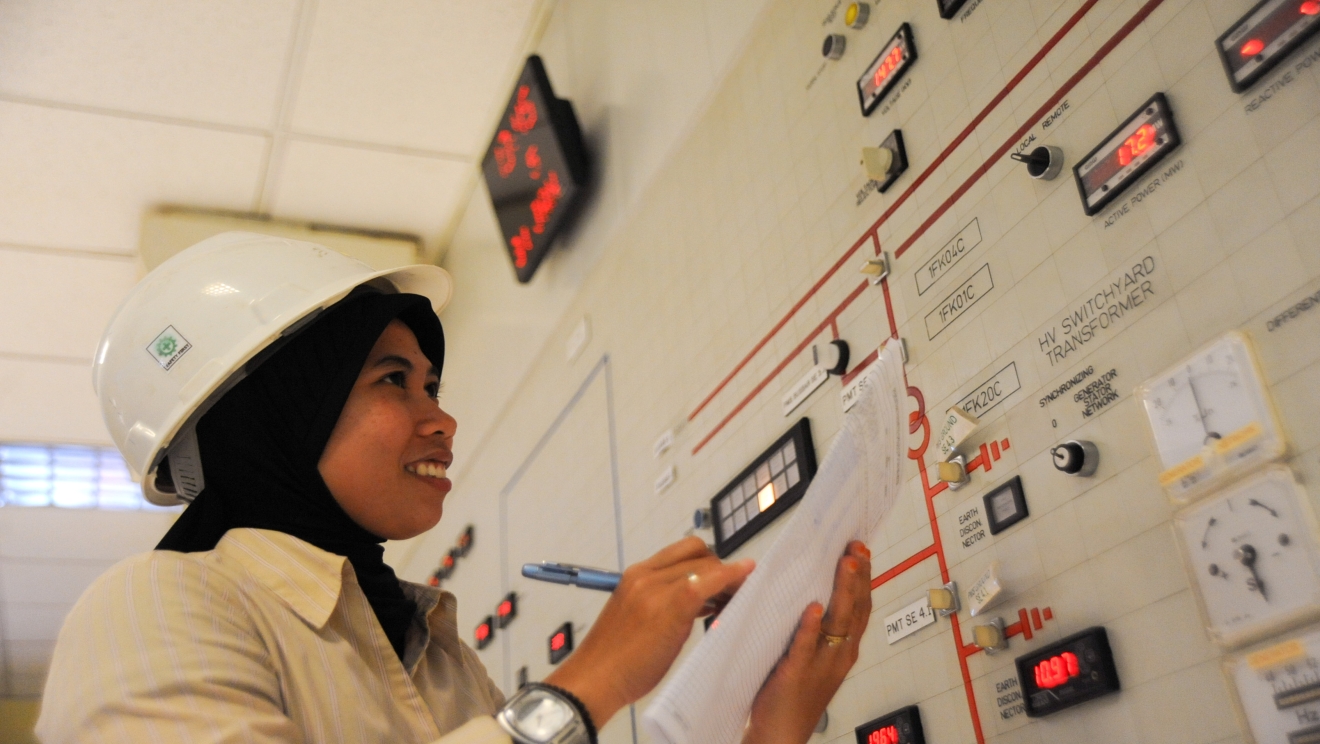Climate action
Nearly half the world's population is highly vulnerable to climate impacts and severe water shortages. Thirty percent of the population is exposed to deadly heat stress, rising to 50-70% by the year 2100.
The world is facing a climate catastrophe and the window to avert it is rapidly closing.
The role of industry in the climate change context is threefold:
-
industry is one of the largest emitters of greenhouse gases;
-
it is itself adversely affected by the changing climate and resource depletion; and
-
it has a potential to become a leading provider of technological solutions, business models and green jobs, while influencing consumer behaviour and lifestyles across the globe.
Inclusive and sustainable industrialization is a key element of an effective climate change strategy.
The guiding principle of UNIDO’s activities is low-emission, climate-resilient development. This means promoting policies, technologies and practices so that countries can take climate action and, in doing so, create millions of new, decent jobs.
UNIDO’s strategy in response to climate breakdown is maximizing synergies with other priority areas such as energy, agribusiness development and food security, circular economy and biodiversity.
UNIDO sees innovation as key to mitigating and adapting to climate change. Technological options for avoiding and reducing greenhouse gas emissions must be further developed. UNIDO provides a platform for technology transfer, investment mobilization and climate partnerships to accelerate this process.
